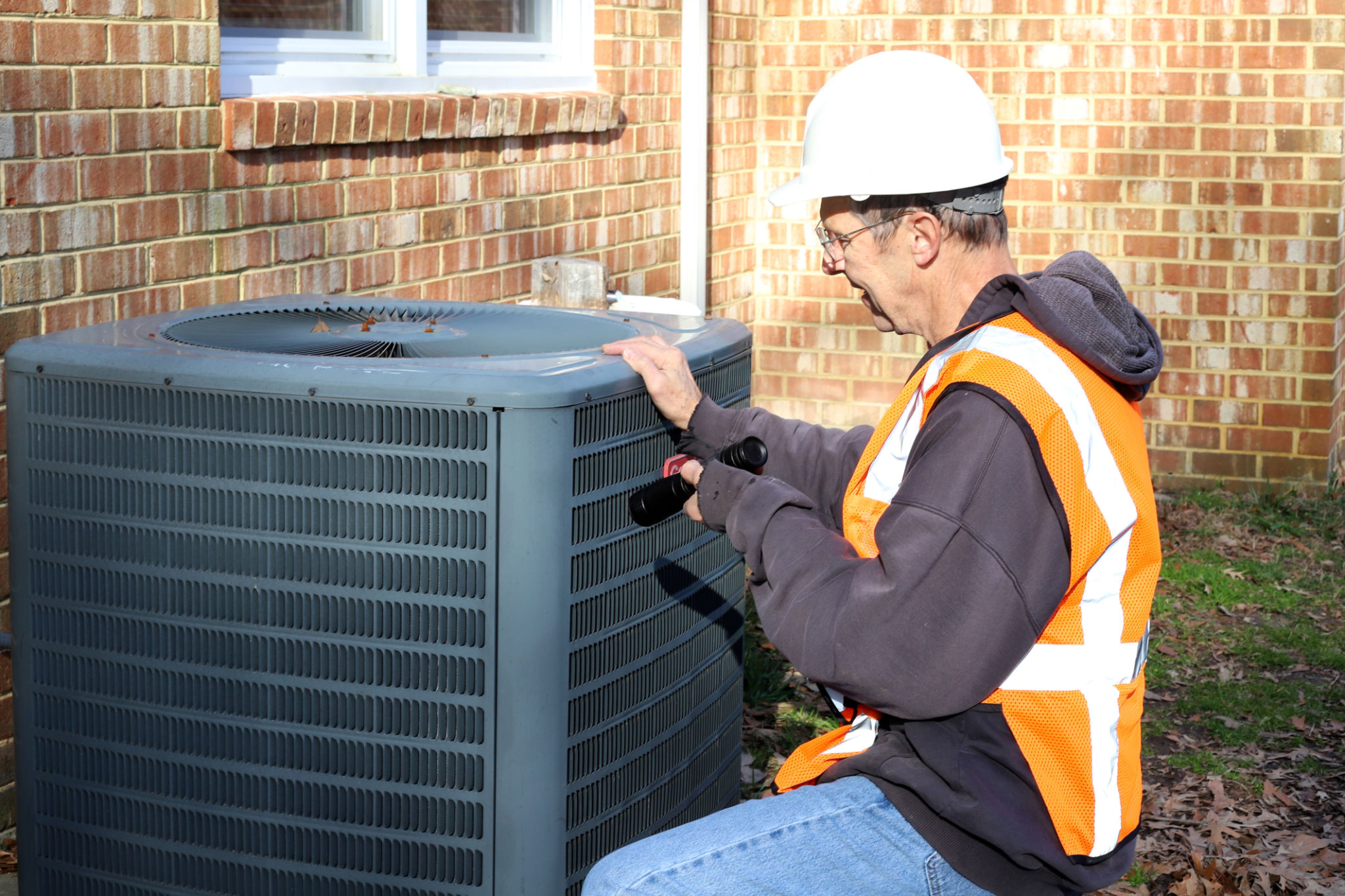Comprehensive Guide to Choosing the Right HVAC System for Your Home
Choosing the right HVAC system for your home is a crucial decision that can affect your comfort and energy bills for years to come. With so many options available, it's essential to understand the various types and features of HVAC systems to make an informed choice. This guide will walk you through everything you need to know.
Understanding Different Types of HVAC Systems
The first step in selecting an HVAC system is understanding the different types available. The most common systems include split systems, hybrid systems, duct-free systems, and packaged heating and air systems. Each type has its own advantages and is suited for different home environments.

Split Systems
Split systems are the most common type of HVAC system, consisting of an indoor unit and an outdoor unit. They are ideal for homes with existing ductwork and provide efficient cooling and heating.
Hybrid Systems
Hybrid systems offer the flexibility of switching between electricity and gas power, allowing you to choose the most energy-efficient option based on the season and utility prices. They are perfect for homeowners looking to save on energy costs.

Factors to Consider When Choosing an HVAC System
When selecting an HVAC system, several factors need to be considered to ensure you get the best fit for your home. These include the size of your home, your budget, energy efficiency, and local climate conditions.
Home Size and Layout
The size and layout of your home play a significant role in determining the type and size of the HVAC system you need. Oversized or undersized units can lead to inefficient performance and increased energy costs.
- Calculate the square footage of your home.
- Consider the number of rooms and their orientation.
- Factor in ceiling height and insulation quality.
Budget and Energy Efficiency
Your budget will also influence your choice of HVAC system. While more efficient systems may have a higher upfront cost, they often result in lower energy bills over time. Look for systems with a high SEER (Seasonal Energy Efficiency Ratio) rating for cooling and an HSPF (Heating Seasonal Performance Factor) rating for heating.

Installation and Maintenance Considerations
The installation and maintenance of your HVAC system are critical components that can affect its longevity and performance. Professional installation is recommended to ensure optimal operation.
Professional Installation
A professional installer can assess your home’s specific needs and recommend the best system for you. Proper installation also ensures safety, efficiency, and adherence to local building codes.
Regular Maintenance
Regular maintenance is crucial for keeping your HVAC system running smoothly. This includes changing filters, checking refrigerant levels, and inspecting components for wear and tear. A well-maintained system not only performs better but also lasts longer.

In conclusion, choosing the right HVAC system involves careful consideration of various factors, from system types to installation and maintenance needs. By understanding these elements, you can make an informed decision that keeps your home comfortable year-round while optimizing energy use.